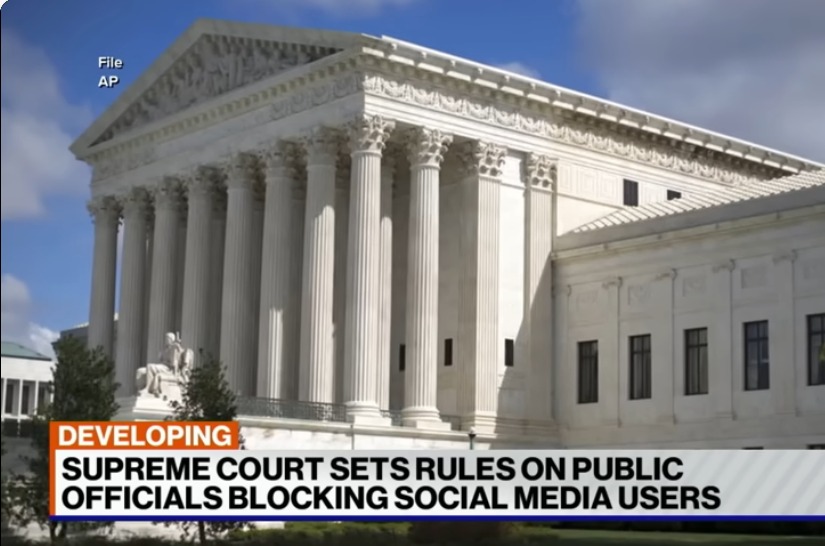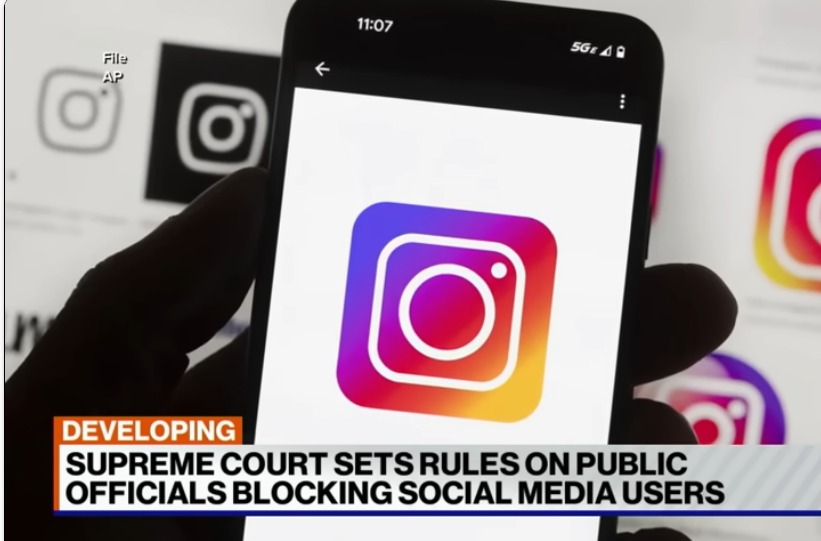


Tagline: Landmark Ruling Balances Free Speech and Government Authority Online
In a groundbreaking ruling, the Supreme Court has outlined new guidelines for government officials navigating the complex terrain of social media engagement. The decision comes in response to cases where local officials blocked followers critical of them on platforms like Facebook, sparking debates over First Amendment rights and the boundaries of governmental authority in the digital age.
Senior correspondent Devin Dwyer breaks down the implications of this ruling, emphasizing its significance for both social media users and government officials alike.
The unanimous opinion from the Supreme Court underscores a crucial distinction: the substance of the communication rather than the status of the individual making it. Put simply, if a government official wields actual authority on a subject and is exercising that authority, they cannot block or delete criticism on their social media accounts. This ruling reaffirms the protection of free speech while acknowledging the personal lives of public officials.
However, the Court also recognizes that there may be circumstances where it is appropriate for officials to limit interaction on their private accounts, setting a narrow standard for such actions.
Moving forward, cases from Michigan and California will undergo further scrutiny in lower courts, armed with the new guidelines established by the Supreme Court. These cases involve instances where officials censored feedback on social media, prompting questions about potential violations of First Amendment rights.
As these cases are reexamined through the lens of the Court’s ruling, the legal landscape surrounding government officials’ social media use will continue to evolve, balancing the rights of citizens to express dissent with the responsibilities of public office.
Stay tuned for updates as courts delve deeper into the implications of this landmark decision.
#SupremeCourt #SocialMedia #FirstAmendment #GovernmentOfficials #FreeSpeech

